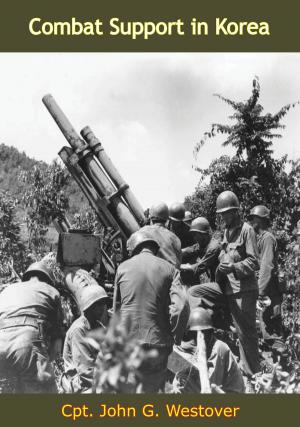Carrington
A Novel of the West
Nonfiction, Social & Cultural Studies, Social Science, Cultural Studies, Native American Studies, History, Americas, United States, 19th Century, Biography & Memoir| Author: | Michael Straight | ISBN: | 9781787209107 |
| Publisher: | Borodino Books | Publication: | January 12, 2017 |
| Imprint: | Borodino Books | Language: | English |
| Author: | Michael Straight |
| ISBN: | 9781787209107 |
| Publisher: | Borodino Books |
| Publication: | January 12, 2017 |
| Imprint: | Borodino Books |
| Language: | English |
EIGHTY-ONE MEN under the command of Lt.-Col. W. J. Fetterman were ambushed by the Sioux in northern Wyoming on December 21, 1866. Not one survived to tell their story. Old army records prove that Fetterman, a Civil War hero, was acting in defiance of explicit orders, given by his commanding officer, Col. Henry Carrington. Yet Carrington, the senior officer of the regiment, was held responsible for the disaster. In all our history there have been only two battles comparable to it: the Alamo and Custer’s Last Stand.
The events of the Fetterman Massacre provide the framework for Michael Straight’s deeply moving personal story of Carrington the man, whose whole life reaches its climax in the inevitable catastrophe. Harassed by the Sioux, accused of cowardice by his officers, unsupported by his friends and even his own wife, he nonetheless sees clearly what he must do. In essence, Carrington’s tragedy is that of a man whose virtues, in time of stress, become his flaws.
Michael Straight captures the very smell of battle in many scenes of Indian fighting, but it is his insight into the lives of the men (and women) of a tormented battalion on a hazardous frontier which makes Carrington a novel to set beside those of A. B. Guthrie and Walter Van Tilburg Clark on the narrow shelf of first-rate novels of the West.
EIGHTY-ONE MEN under the command of Lt.-Col. W. J. Fetterman were ambushed by the Sioux in northern Wyoming on December 21, 1866. Not one survived to tell their story. Old army records prove that Fetterman, a Civil War hero, was acting in defiance of explicit orders, given by his commanding officer, Col. Henry Carrington. Yet Carrington, the senior officer of the regiment, was held responsible for the disaster. In all our history there have been only two battles comparable to it: the Alamo and Custer’s Last Stand.
The events of the Fetterman Massacre provide the framework for Michael Straight’s deeply moving personal story of Carrington the man, whose whole life reaches its climax in the inevitable catastrophe. Harassed by the Sioux, accused of cowardice by his officers, unsupported by his friends and even his own wife, he nonetheless sees clearly what he must do. In essence, Carrington’s tragedy is that of a man whose virtues, in time of stress, become his flaws.
Michael Straight captures the very smell of battle in many scenes of Indian fighting, but it is his insight into the lives of the men (and women) of a tormented battalion on a hazardous frontier which makes Carrington a novel to set beside those of A. B. Guthrie and Walter Van Tilburg Clark on the narrow shelf of first-rate novels of the West.
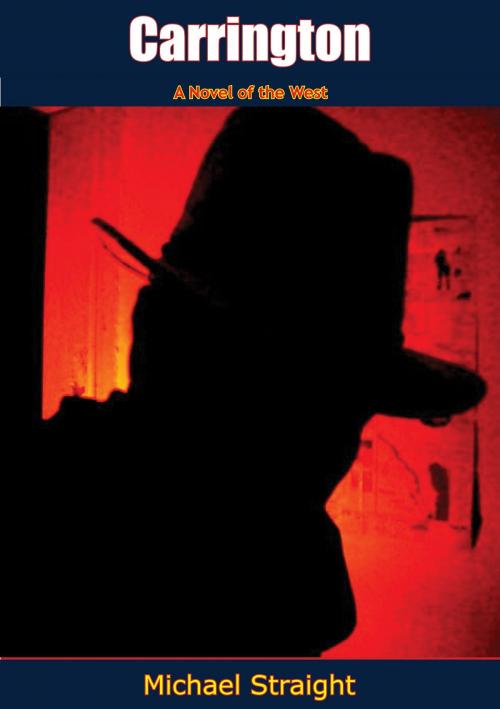
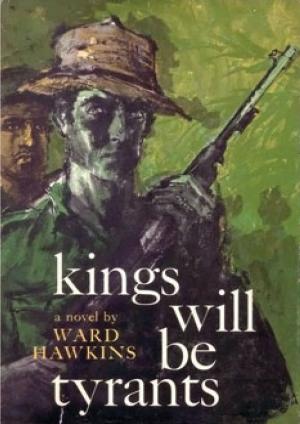
![Cover of the book Underground to Palestine [First Edition] by Michael Straight](https://www.kuoky.com/images/2018/april/300x300/9781789121513-u26m_300x.jpg)

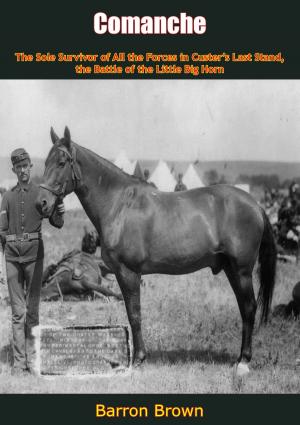
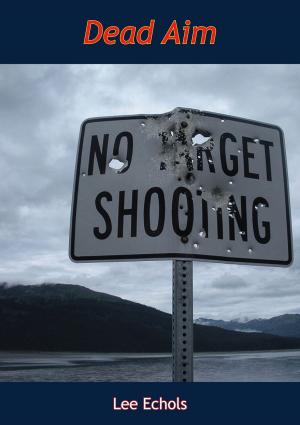
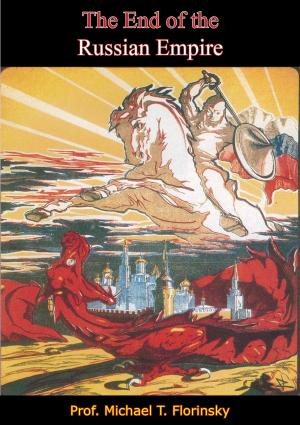
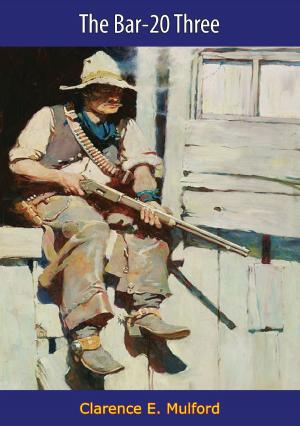




![Cover of the book Leaves from a Russian Diary—and Thirty Years After [Enlarged Edition] by Michael Straight](https://www.kuoky.com/images/2017/april/300x300/9781787204409-ZaZC_300x.jpg)

